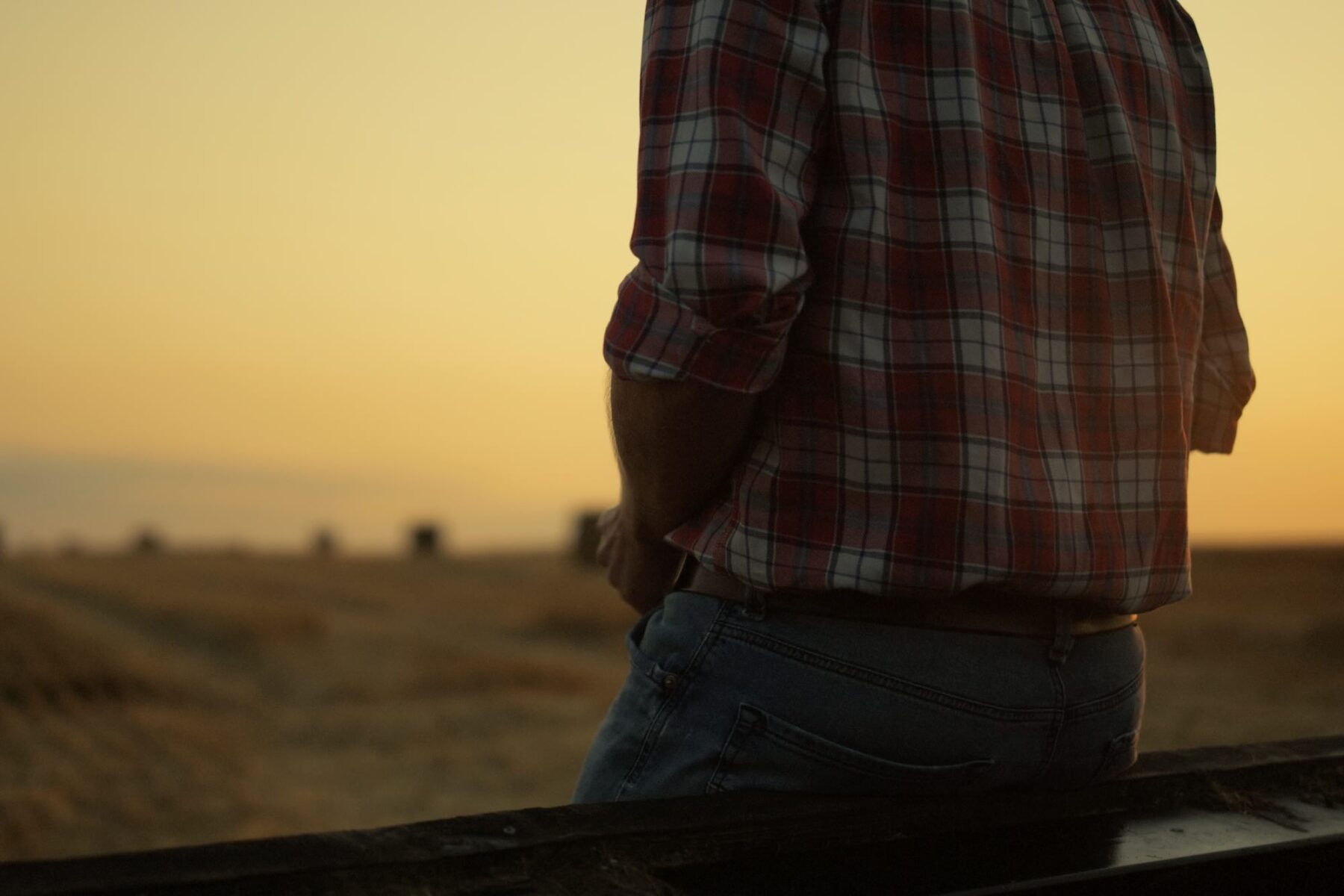A funny old lion, who had the misfortune to lose his mane, was wearing a wig as he was taking a stroll on a very windy day. Looking up, he spied one of the charming Tiger sisters across the street, and, wishing to make an impression, smiled blandly and made a beautiful low bow. At that moment a very smart gust of wind came up, and the consequence was that his wig flew off and left him there, feeling foolish and looking worse, with his bald head glistening like a billiard ball. Though somewhat embarrassed at first, he smiled at the Lady and said: “Is it a wonder that another fellow’s hair shouldn’t keep on my head, when my own wouldn’t stay there?”
(From www.aesopfables.com)
Aside from a quick wit and shiny head, what attractive quality does this Lion possess, and why are we discussing it on our blog? At Sandstone Care, we support individuals and their communities who are recovering from substance use and addiction. What does a story about a bumbling bald lion have to do with that?
Believe it or not, the Lion in this fable is demonstrating a key component for long-term health and happiness, and one that is particularly poignant for those who have faced large life challenge like substance use: the quality of resiliency. Resiliency, as defined by the Merriam-Webster dictionary is: “the ability to become strong, healthy, or successful again after something bad happens”. For our poor Lion, not only is he challenged in life by being bald, the wig he has used to cover it up falls off in front of someone he wanted to impress. Like all of us in the face of a failure or defeat, there are so many things the lion could do in response to this situation. He could run away – shame boiling, tail tucked. He could curse the wind, or the faulty wig construction, or his own clumsy self for bowing so low. But the lion does none of these things. He acknowledges the truth of the situation and his own feelings (foolishness, embarrassment), and then recovers with a smile and good humor.
This type of outlook and response adds up over time. According to a study published in the National Center for Biotechnology Information titled Happiness Unpacked: Positive Emotions Increase Life Satisfaction by Building Resilience: “Change in resilience mediated the relation between positive emotions and increased life satisfaction, suggesting that happy people become more satisfied not simply because they feel better, but because they develop resources for living well.” Resilience is one of those resources; it increases positive emotions and happiness.
Resiliency doesn’t mean that you never experience distress; quite the opposite, in fact. Those who have experienced challenges in life have often had practice in developing resiliency. Notice the lion in this story is a “funny old” lion. In the face of adversity, we have the opportunity to practice resiliency. According to the American Psychology Association, resiliency isn’t a trait someone has or doesn’t have; it’s a skill that can be learned. It’s a series of thoughts, behaviors, and actions that can be built and strengthened over time.
Participants at Sandstone Care know what challenge feels like. They’ve struggled with mental health issues, family, work, and school troubles, and difficulties with drugs and alcohol. They have faced these challenges, grown, and changed in relation to their adversity. Every time resiliency is practiced, it grows stronger, increasing the likelihood for more resilience and happiness in the future.
Even when large challenges aren’t present, resiliency can be developed and practiced. Here are some tips:
-Build community. Spend time with positive, healthy friends and family to develop a strong support network. Join a club, volunteer, or pick up a new hobby to meet more people who can be there when times are fun or challenging. When we get knocked down, it’s our community that can help us get back up.
-Practice Optimism. When something doesn’t go as planned, train the brain to focus on the positive. When starting each day, mentally list all the things that could go well and work to help those things succeed. Practice positive self-talk.
-Learn from experience. Failures, challenges, disappointments, and mistakes are all a normal part of being human. When something considered “bad” happens, take a moment to focus on the lesson. Share your interpretation with a friend or family member or record it in a journal. Absorb the lesson and move on.
-Practice Self Care. It’s easier to be resilient in the face of challenges when you are well nourished and resourced. Eat well, sleep, get physical exercise, connect with loved ones, and stimulate your creative, intellectual, and spiritual mind.
-Practice Failure. Find places in your life where you feel it’s OK to fail. Cook a new recipe you’ve never tried before, play a game where you might not win, take a risk on an idea or art project that is new. The more you are able to practice “failing” on small things and bouncing back, the more resilience you may develop for larger challenges.
At Sandstone Care, we’re committed to helping our participants develop strong life skills for long-term health and happiness. We view all our clients as Lions and believe no matter what life winds blow, it’s possible to pick up the pieces with grace, humor, and a little bit of style.
Looking for the best rehab centers for teens in Denver, CO? Or treatment for drug abuse for troubled youth in Denver, CO? Contact Us.






